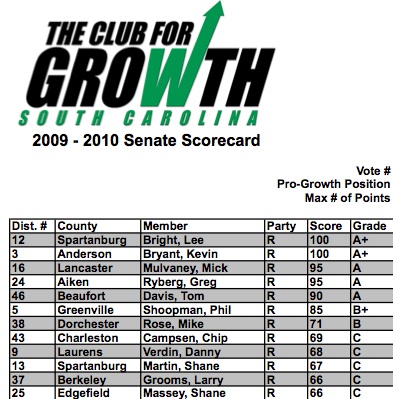I will be speaking at the Anderson Tea Party on Thursday 02/03/2011 at 7pm at the Anderson County Library. I appreciate Jonathon Hill’s efforts to keep this very important movement going in Anderson. For more info, visit their facebook page, or website.



